Yerevan /Mediamax/. A comprehensive program to preserve Potentilla porphyrantha species of plant found in Amulsar already is already launched.
The work is being undertaken by Geoteam CJSC in cooperation with the Institute of Botany of the National Academy of Sciences of Armenia, Treweek Environmental Consultants (UK) and Cambridge University Botanical Garden (UK). The first steps are already taken within this program.
The Institute of Botany of National Academy of Science of Armenia and Treweek Environmental Consultants have developed a plan for Potentilla porphyrantha that is designed to preserve and protect the species during construction and operation of the Amulsar mine, and then restore plants to the area.
The Sevan glasshouse and rockery were built to receive about 1,500 plants for research purposes.
Potentilla porphyrantha is a small, whitish flower that grows on rocky slopes and scree fields in high alpine climates. The species is considered rare and is protected by Armenian Red Book, which documents limited habitats above 3,300 meters.
More recently, Geoteam discovered Potentilla porphyrantha growing in previously unknown habitats at lower elevations on Amulsar Mountain. As part of Geoteam’s plans to develop the Amulsar gold project, it is funding a comprehensive program for Potentilla porphyrantha preservation.
The Institute of Botany of National Academy of Science of Armenia and Treweek Environmental Consultants have developed a plan for Potentilla porphyrantha that is designed to preserve and protect the species during construction and operation of the Amulsar mine, and then ultimate restore plants to the area.
The plan follows international best practices and was outlined by Geoteam in its Environmental Impact Assessment approved in 2014 and Environmental and Social Impact Assessment published earlier this year. Geoteam estimates its investment in the overall project will be more than 500,000 USD.
Moving Potentilla porphyrantha to Sevan started earlier this fall after receiving approval from the Armenian Government. Translocation of a species is allowable by Armenian legislation when found in places not previously identified as its habitat, as is the case with Potentilla porphyrantha at Amulsar. Botanical Gardens are one of three approved translocation destinations in Armenia. The glasshouse and rockery constructed by Geoteam in Sevan Botanical Garden are designed to provide a suitable climate and allow continual monitoring by on-site staff.
Senior Manager on Sustainable Development of Geoteam CJSC Armen Stepanyan has noted that the 4-year program is unprecedented in the Armenian mining industry.
“Involving the best international practice, Armenian and international specialists, we will carry out a few works for preservation of Potentilla porphyrantha and further reproduction. We are sure that the program will be successfully implemented and after the closing of the mine, the plant will be returned to its natural habitat”, he said.
The program has been worked out to preserve individuals and determine the optimal conditions for transferring them to their natural habitat. Meanwhile, a professional examination will be conducted with participation of two postgraduate students together with Institute of Biology and University of Cambridge. One of the postgraduate students will focus on reproduction and preservation of the plant and the other will research the genetics of the individuals at the University of Cambridge.
Armen Stepanyan has noted that the application for selection of the postgraduates will be disseminated by the University of Cambridge and will be international; the Armenian side is willing at least one of them to be Armenian.
Institute of Botany Georgi Fayvush stressed that Some 6,000 Potentilla porphyrantha have been identified in areas outside the mine’s footprint or within protected zones already established by Geoteam. Plants in these areas will be protected while research and other activities are carried out over the next several years. The Sevan glasshouse and rockery were built to receive about 1,500 plants for research purposes.
Geoteam is seeing success in other areas of the Potentilla porphyrantha program. Several thousand seeds were harvested from plants during the move to Sevan. This supply of seeds will be used for propagation studies and also ensure a viable seed source is retained. Regional expeditions outside the Amulsar area have located two additional Potentilla porphyrantha habitats not previously documented.
Moving Potentilla porphyrantha to Sevan started earlier this fall after receiving approval from the Armenian Government. Translocation of a species is allowable by Armenian legislation when found in places not previously identified as its habitat, as is the case with Potentilla porphyrantha at Amulsar. Botanical Gardens are one of three approved translocation destinations in Armenia. The glasshouse and rockery constructed by Geoteam in Sevan Botanical Garden are designed to provide a suitable climate and allow continual monitoring by on-site staff.
Botanical gardens are one of the ways of moving individuals in Armenia. The Sevan glasshouse and rockery were built to create an appropriate environment and to conduct a constant monitoring.
Ulrich Sibilski, the Head of Environmental safety, health ,social and security at Lydian International said that “Geoteam follows environmental international best practices”.
















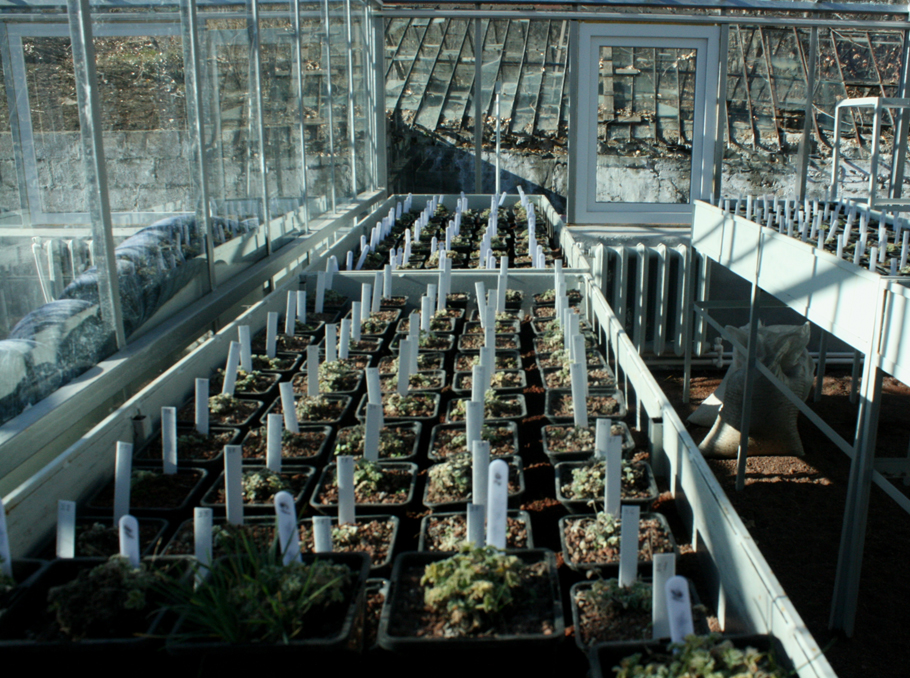
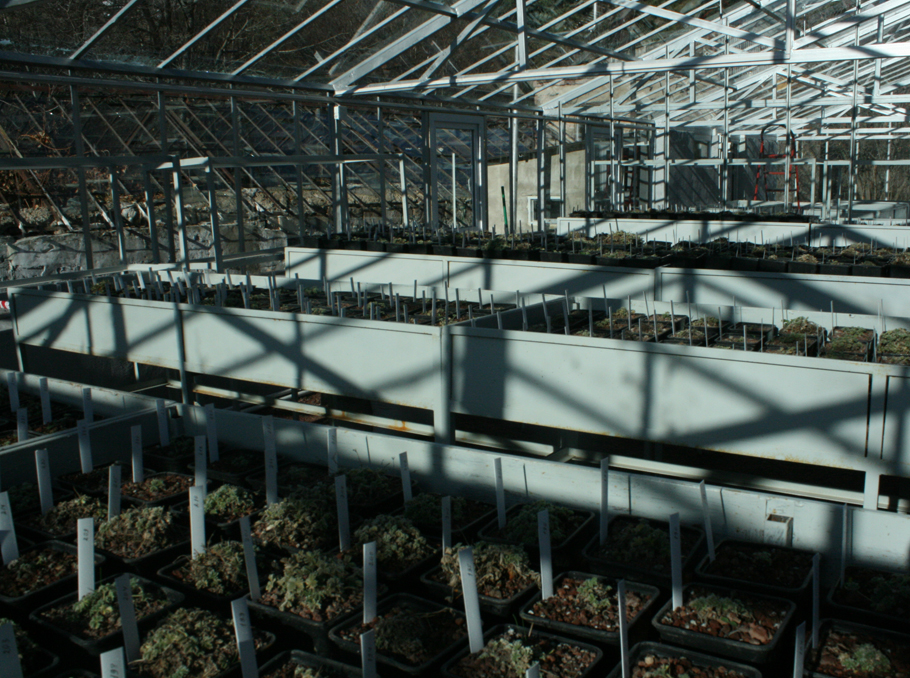
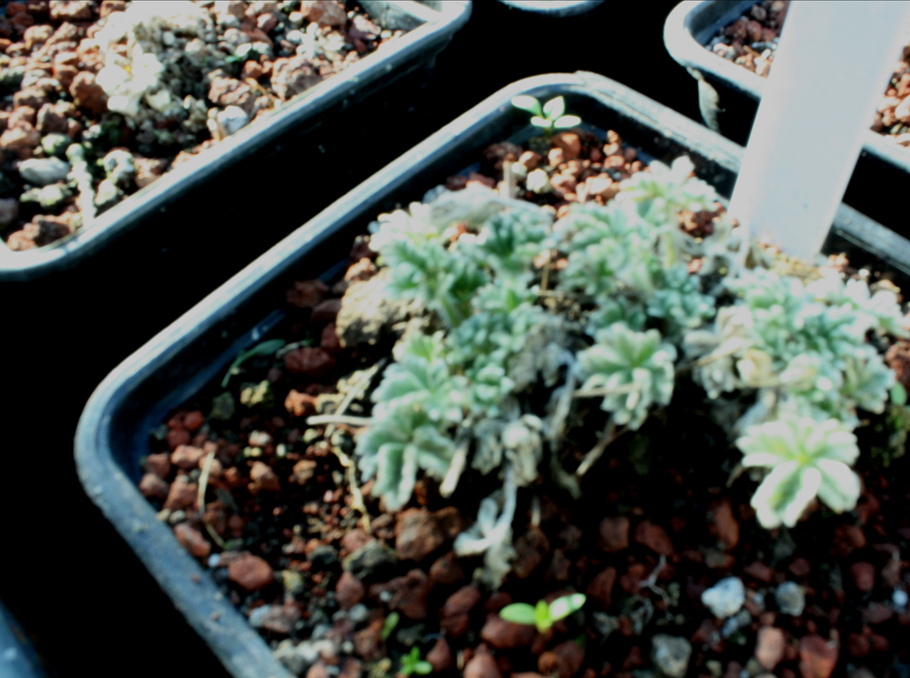
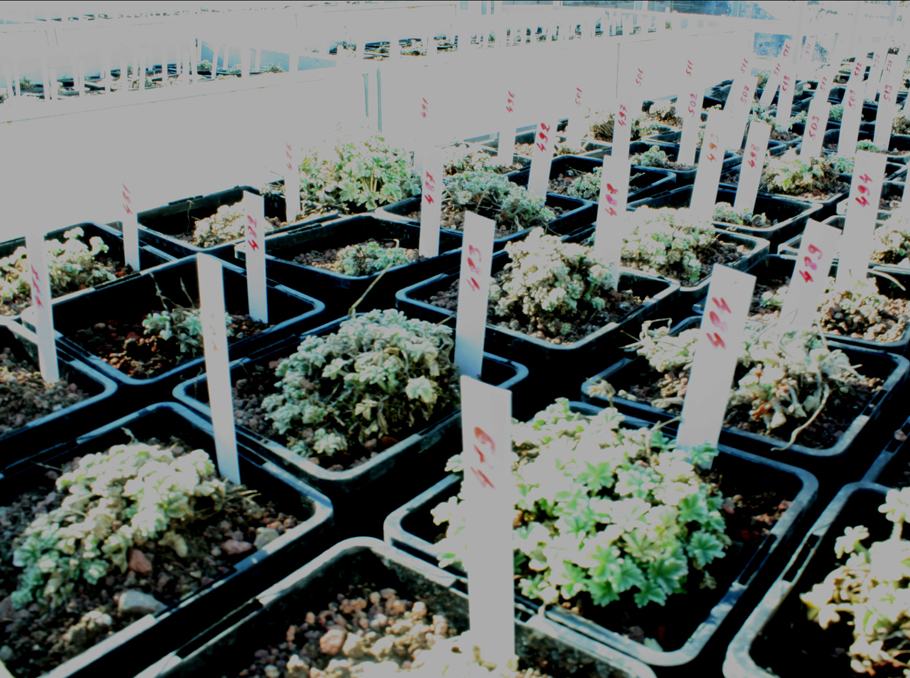
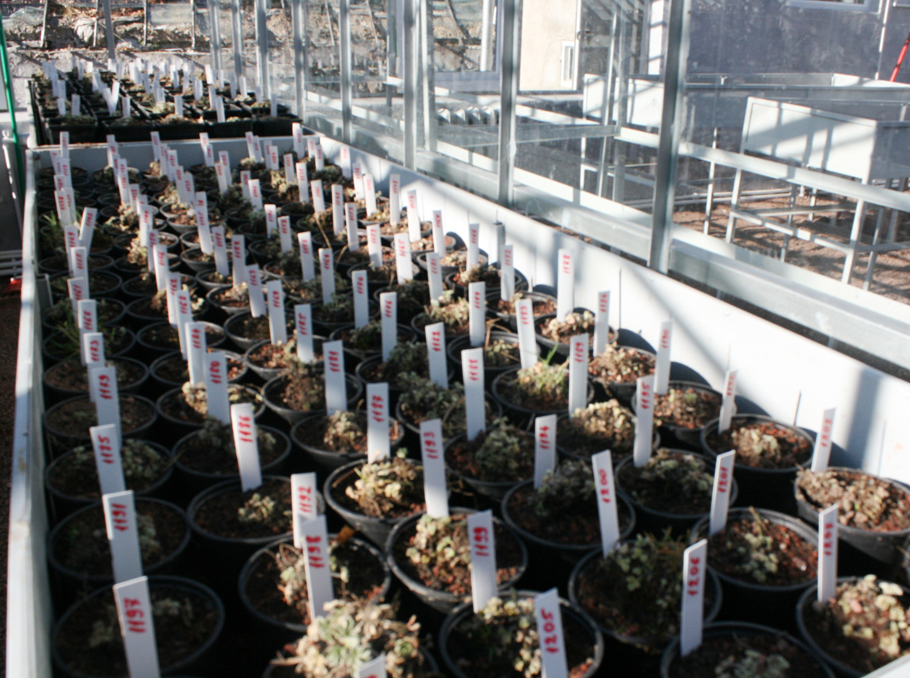
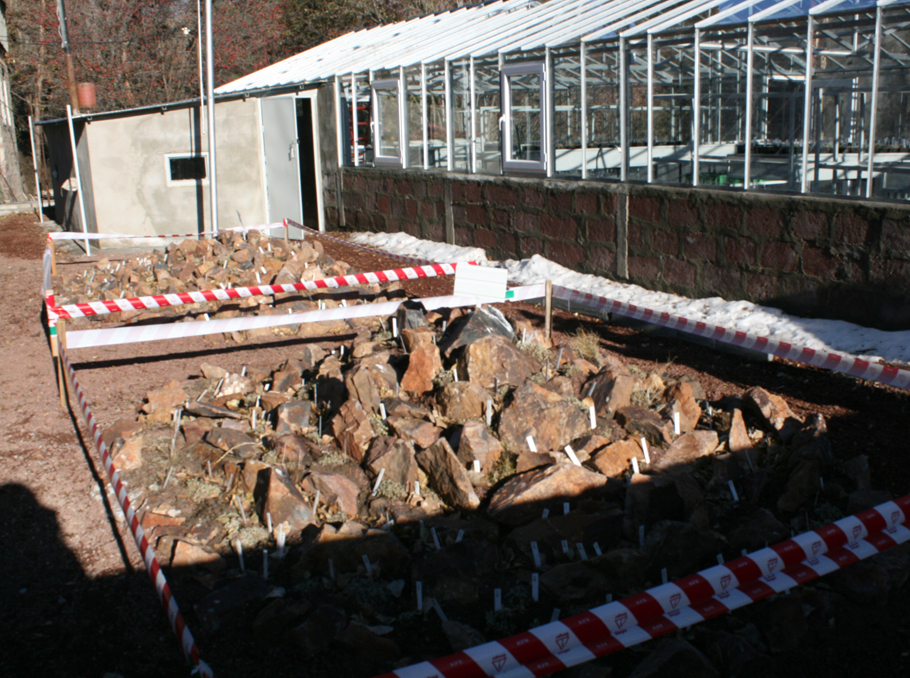
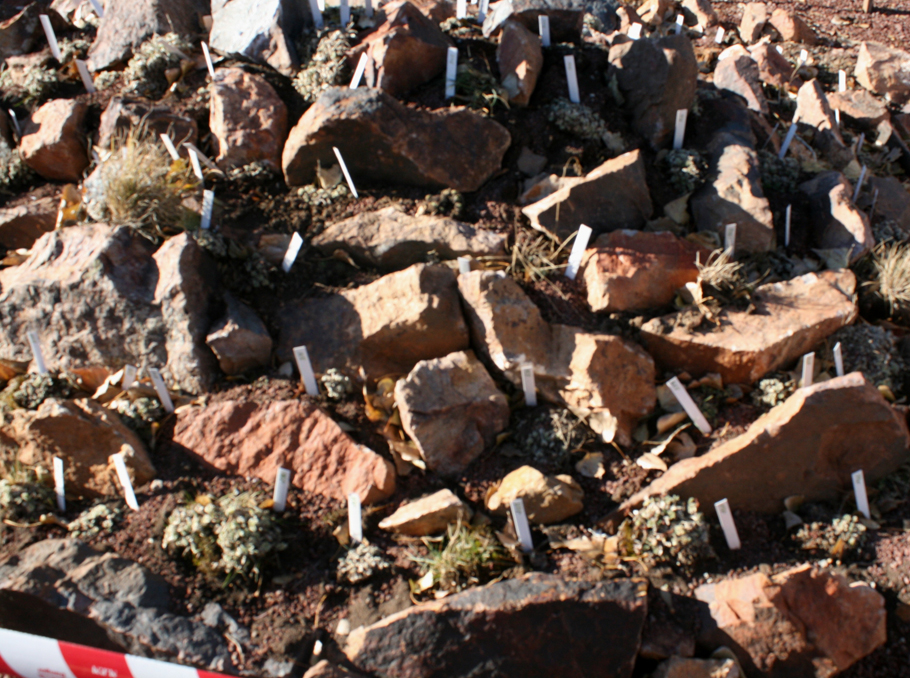
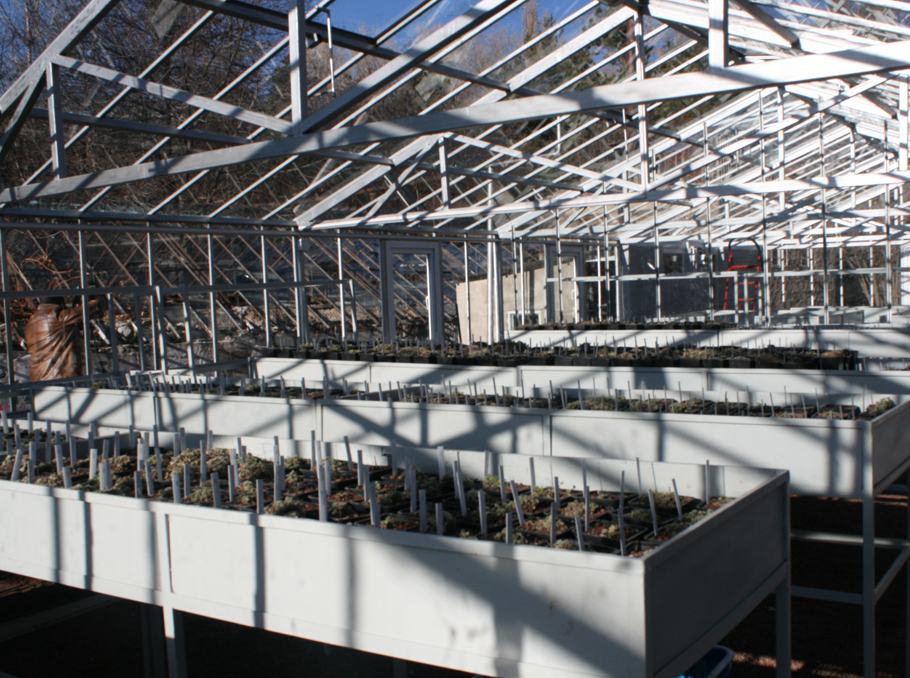


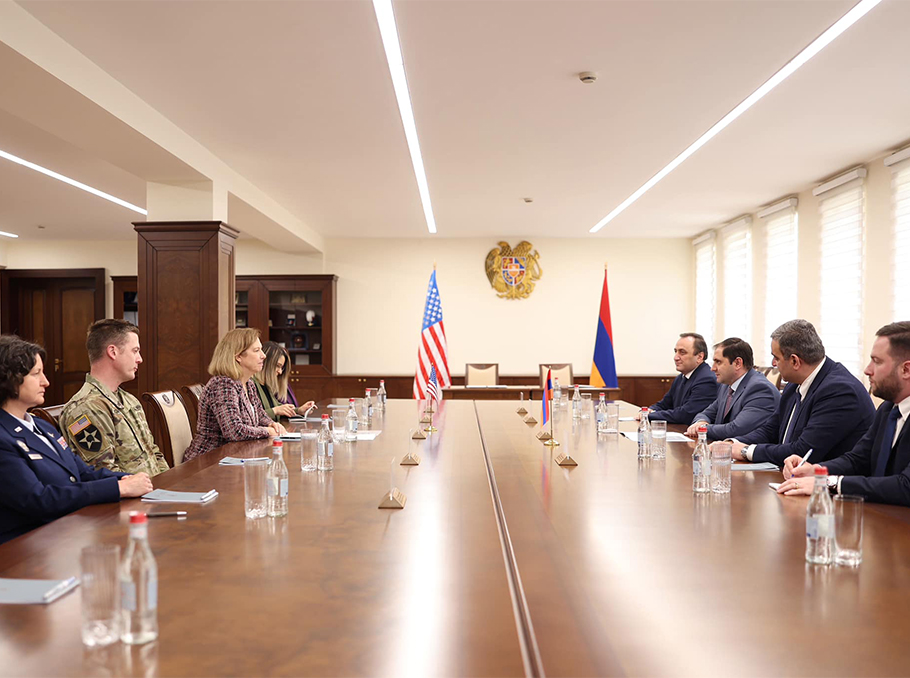
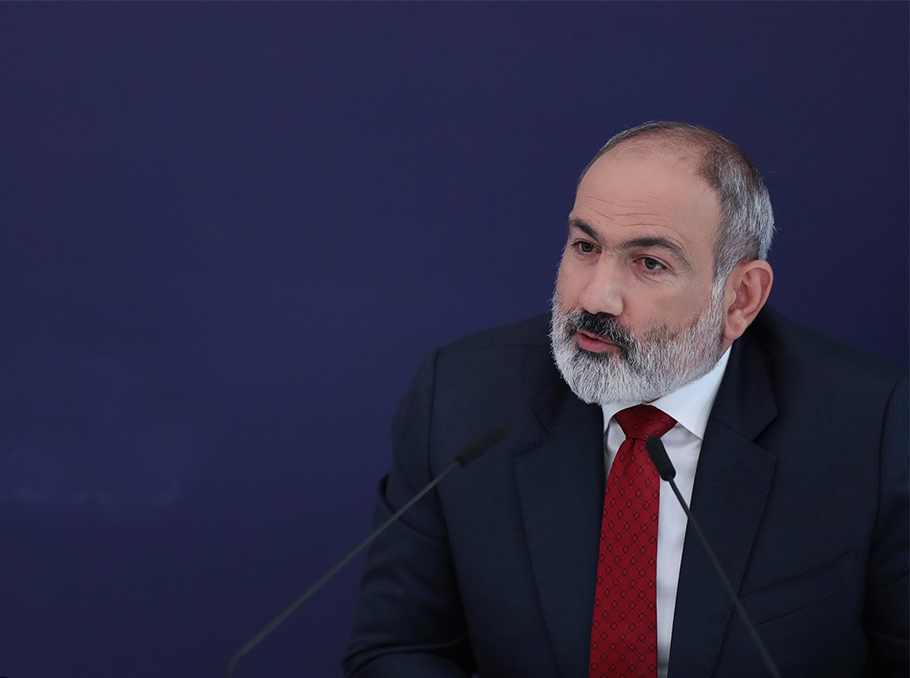





Comments
Dear visitors, You can place your opinion on the material using your Facebook account. Please, be polite and follow our simple rules: you are not allowed to make off - topic comments, place advertisements, use abusive and filthy language. The editorial staff reserves the right to moderate and delete comments in case of breach of the rules.